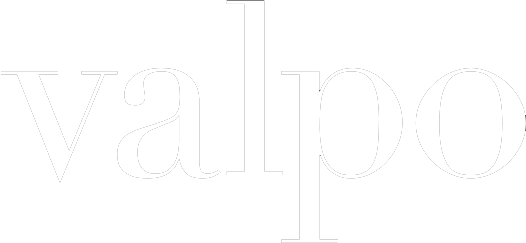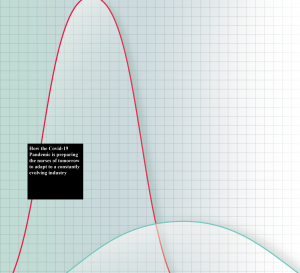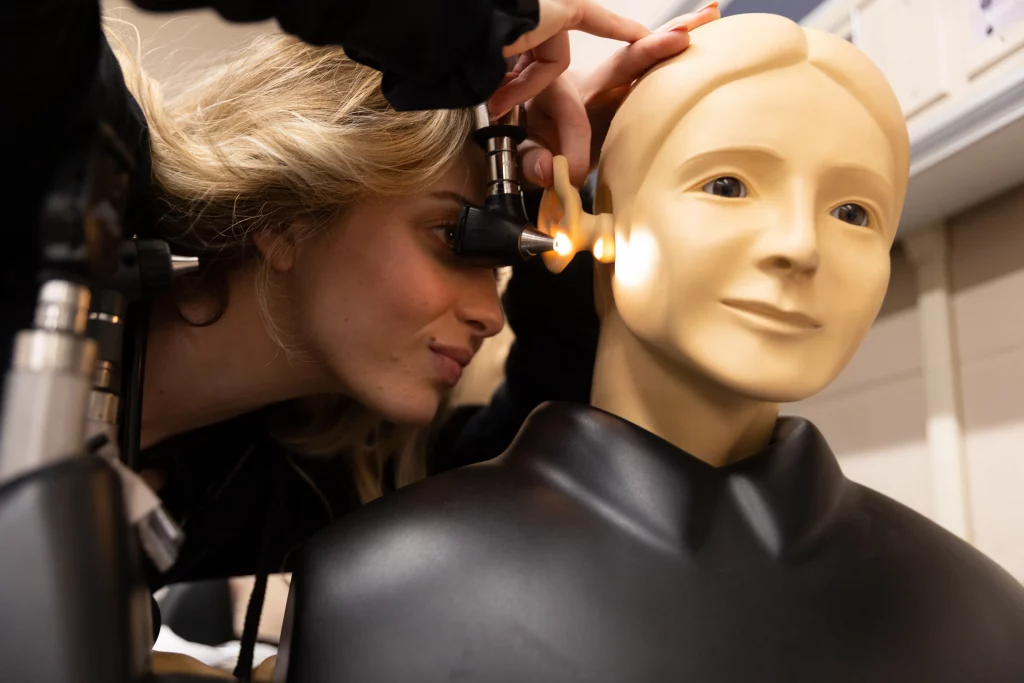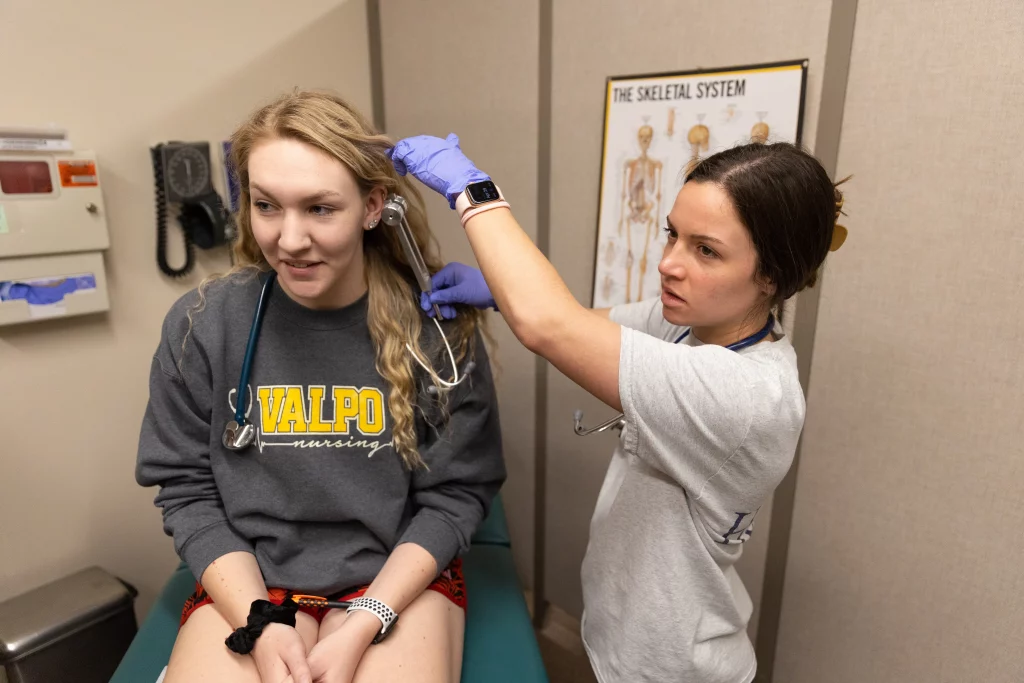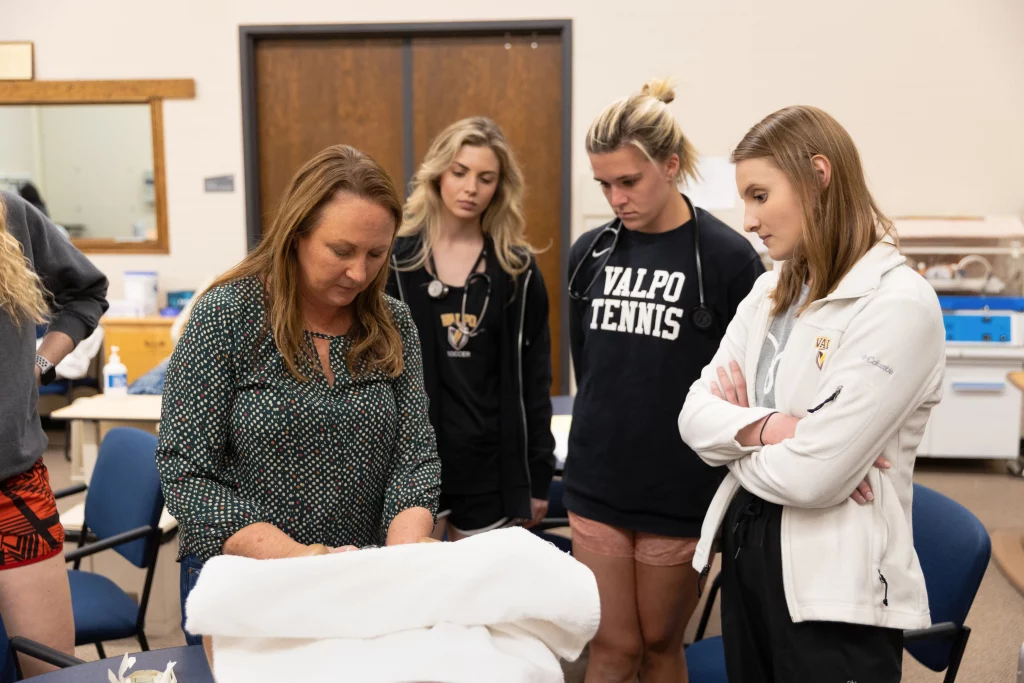The COVID-19 pandemic has been one of the defining points of the decade thus far. It is a situation that brought massive shifts to nearly all aspects of life, from the work environment, to mask wearing and social distancing in public, to the many hours spent in front of a streaming device while health experts advised staying indoors. Among these titanic changes caused by the pandemic, few areas have been impacted more than the health care sector.
“Everything is in flux,” says Lynette Rayman ’83, DNP, RN, CNE, CCRN, assistant dean of undergraduate nursing and associate professor of nursing. “It changes every day.”
Professor Rayman has been in the health care industry for 34 years. After receiving her bachelor of science in nursing from Valpo, she worked in a variety of critical care environments, including medical, surgical, cardiovascular surgery, neurological intensive care, and multiple trauma.
Seven years into her career, Professor Rayman earned her master of science in nursing from Purdue University and began teaching clinical instruction at her undergraduate alma mater. After becoming a clinical nurse specialist at Franciscan Health in Michigan City, Indiana, she took a faculty position at Valpo, in which she has remained for 11 years. In January 2020, she was offered and accepted the role of assistant dean. Professor Rayman says that her relationship with her professors at Valpo inspired her to go into teaching.
“There was a professor in the 80s, Margaret Wickert, who taught while working as a nurse,” Professor Rayman says. “I wanted to be her when I grew up, and here I am.”
She recalls the measures that were taken to help as many people as possible during the early stages of the pandemic, and the main factors contributing to the overall chaos: the threat of the unknown and the lack of sufficient supplies.
“People were reusing equipment you weren’t supposed to reuse,” Professor Rayman says. “A lot of things you weren’t supposed to do suddenly became okay because you just didn’t have a choice.”
VALPO ALUMNI ON THE FRONT LINES
Valpo graduates were among those on the front lines fighting the spread of the pandemic. Tristan De La Rosa ’18, a former football player for the University, works as an emergency room nurse in Garden Grove, California, the largest trauma hospital in Orange County, near Disneyland. During the pandemic, Tristan was no stranger to working 16-hour shifts, or up to 11 consecutive shifts, just to keep up with the constant flood of people. Today, Tristan works as a travel nurse in two Orange County hospitals, generally racking up work weeks of 60-72 hours due to the continued demand for extra help in emergency rooms.
Despite the hours and in contrast to the typical result of burnout, Tristan remains optimistic and enthusiastic about his profession, and credits the University with making him what he is today.
“I’m able to do all these hours with a smile on my face because I love my job,” Tristan says. “Valpo’s program taught me what true vocation means. I love my job and I believe Valpo’s program really pushes you to make sure you truly want to be a nurse, not only as a job, but as a vocation.”
Closer to home, Tess Barrett ’19 works at Northwestern Memorial Hospital in Chicago in a gastrointestinal surgical oncology unit. During the height of the pandemic, her unit was reassigned to act as a COVID-19 response team, and she and her fellow nurses floated around the entire hospital to assist wherever needed.
THE IMPACT ON PATIENTS
For patients, the long-term consequences of the pandemic may include ongoing mask policies, a reduction in visiting hours, and the continual rolling out and rolling back of various COVID-19 measures as rates of infection continue to evolve. It also means that online forms of health care are likely going to remain a permanent fixture in the industry.
One consequence of the pandemic on the patient population has been both a professional and personal interest in disease prevention, as well as a desire from patients to personally maintain a higher level of health and wellness. This may lead to an increase in disease prevention efforts where the previous establishment would have only focused on treatment.
Even with COVID-19 being, in many ways, still front-of-mind in the health care community, other health risks persist. Among those is the issue of obesity in both children and adults.
“A lot of people will tell you that they gained weight during the pandemic, and that’s going to be a problem,” Professor Rayman says. “We’re seeing so many people with diabetes, heart disease, and other chronic illnesses.”
HELPING FUTURE LEADERS RISE TO THE CHALLENGE
For students, the shifting industry, made even more unstable by the pandemic, means they are going into a rapidly evolving field with the expectation that they can keep up with the change. Professor Rayman believes that the best way to prepare them for that scenario is teaching them how to ingest information, come to accurate conclusions, and avoid logical pitfalls.
“The first thing we have to do is teach them how to think without making critical assumptions,” Professor Rayman says.
To help them learn vital critical thinking skills, students in the College of Nursing and Health Professions engage in research-based coursework that requires rigorous, critical interpretation of medical literature to piece together optimal practices while constantly being vigilant for the latest treatments, disease processes, and disease prevention methods being developed in the industry.
Apart from being able to identify an ailment, the ability to think critically about a situation is vital to working towards a safer environment for patients and professionals.
“It’s not just getting the diagnosis, because a lot of people being diagnosed with COVID-19 didn’t come in with it,” Professor Rayman says. “They come in with something different and get COVID-19 from another patient or worker.”
Today’s nursing students will have to contend with a field that will require a far broader knowledge and awareness of the impact of disease in everyday life. This means a greater awareness of healthcare in day-to-day life, not just in the clinical setting.
The year and a half spent in isolation may also have a negative impact on the social skills that many in the younger generation would normally develop during traditional school attendance or athletic participation. Even today, Professor Rayman says that the biggest non-technical skill that her students struggle with is the ability to verbally communicate.
“They’re terrified that they have to talk to people,” Professor Rayman says. “I get sophomores going into their clinicals who just aren’t used to face-to-face conversations.”
The Valparaiso University College of Nursing and Health Professions uses a number of techniques to help students develop their communication skills. Classroom activities include role playing, case studies, and the use of technologically advanced, high-resolution mannequins that simulate the experience of examining and communicating with a patient.
“It gives you the opportunity to make mistakes, learn from your mistakes, then repeat the scenario,” Professor Rayman says.
Within the medical field itself, students today should be prepared to be expected to work far more closely with the public health system, as well as develop a greater focus on infectious disease nursing.
There’s going to be another virus. If we’ve got the systems in place, hopefully the powers that be can learn what we should do.
Valparaiso University’s College of Nursing and Health Professions is constantly evolving to meet the ever-changing demands the industry has for its workers. Constant re-evaluation of the curriculum and promotion of engagement in health systems and the broader community help build the necessary skills the nurses of tomorrow will need going out into the field.
One such project, conducted in partnership with Porter- Starke Services’ Healthy IDEAS program and Meals on Wheels of Valparaiso, had senior students in the public health nursing program visit senior citizens in the community to check on their mental health and overall well-being. During the course of the semester, students received mental health evaluation training as well as real experience in working with patients, making personal connections, and helping them find ways to improve their lives.
Additionally, Valpo’s nursing programs are based on Commission for Collegiate Nursing Education accreditation, which provides a continuously updated list of “essential skills” for nursing students preparing to enter the workforce.
LOOKING TO THE FUTURE
As immense as the impact of COVID-19 has been on the world at large, the fact remains that it will not be the last pandemic that the world will face, leading everyone from patients, to students, to professionals wondering if our experience has made us better prepared to deal with similar circumstances in the future.
Optimal prevention may require greater monetary support for epidemiology and preventive measures in the present. This support will allow medical professionals to devote more resources towards tracking potentially serious diseases and preparing for them before they appear in the general human population.
Professor Rayman is optimistic that the world’s experience with dealing with the COVID-19 crisis has given us at least some tools and understanding to meet future public health threats.
“I like to hope we’re better prepared,” Professor Rayman says. “I think we learn from what we’ve done. There’s going to be another virus. If we’ve got the systems in place, hopefully the powers that be can learn what we should do.”
Regardless of what the future holds, Valpo’s College of Nursing and Health Professions is preparing future health care professionals to meet the challenges. The college ranked in the top 17% of 694 programs examined across the country by U.S. News & World Report, and students in the college boast a 96% placement rate after graduation. Looking back at his education and career so far, Tristan says he could not have asked for more.
“Even with all of the ups and downs, I wouldn’t change it a bit, and my classmates at Valpo would probably say the same,” Tristan says. “I am truly blessed to have found Valpo — or rather, that Valpo found me.”
